Sports have always been about more than just wins and losses. Whether on a field, court, track, mat, course, or pool, high school athletics are meant to teach teamwork, respect, and resilience.
However, too often games are overshadowed by negativity: fans harassing players, teammates turning against each other, students and community members judging or criticizing players and coaches, and coaches who focus more on winning or mistakes than on growth.
When this happens, the true lessons of sports get lost.
Good sportsmanship is a key aspect of every sport, not only among opponents but also among teammates.
Teams often fail to realize that they can influence the outcome of a game with their attitude or turn a bad game into a great comeback.
Rivalry games often bring excitement and intensity, but both athletes and spectators must recognize when competitiveness crosses the line.
At a recent girls’ volleyball game, the Bellwood student section was reported to have made racially offensive noises aimed at a Tyrone player.
That is never acceptable. It is offensive, harmful, and deeply disappointing.
Sports should uplift and unite—not tear someone down.
Beyond winning or losing, the final score is usually not what players will remember. It’s the camaraderie and friendships that make the biggest impact.
However, after a recent loss, some Tyrone “fans” took the opportunity to criticize Tyrone student-athletes on one of the Eagle Eye’s social media accounts.
Sure, everybody wants to win, but these are not professional athletes, and they should not be held to the same standard as those paid millions of dollars a year to play sports.
Not to mention, negative comments from fans don’t motivate athletes to do better. If anything, it has the potential to make the player quit altogether.
A team is more than one person; every play, decision, and move depends on all players.
As a teammate, your role is to lift others when needed, not to kick them when they’re down.
Coaches also play a crucial role in this process.
If a coach truly wants to lead and mentor, name-calling doesn’t help in any way.
A coach’s job is to motivate and teach. Providing feedback when players fail is crucial, but maintaining professionalism and respect, even in challenging situations, is the most important lesson a coach can teach.
Constant negativity can hurt everyone’s performance because it increases pressure to prove oneself.
Criticism should be constructive; when players are bombarded with negative comments without guidance or positivity, they lose motivation.
Not only does that negativity affect players’ minds, but it’s also reciprocated in how the other players lead the team.
Sports will always be emotional, but how we handle those emotions defines us more than any scoreboard ever will.
Whether as a player, coach, or fan, we all have a responsibility to create an environment of respect. If we choose support over hate, criticism with purpose, and unity instead of division, the lessons of sports can truly last a lifetime.



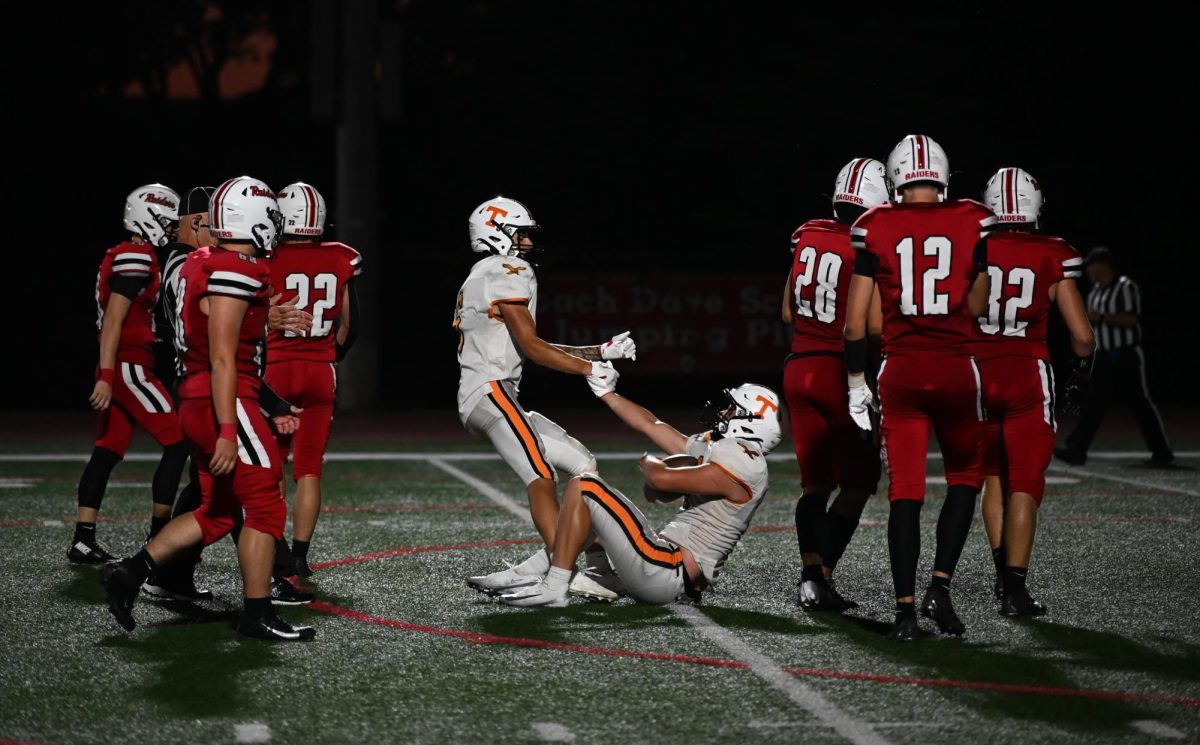





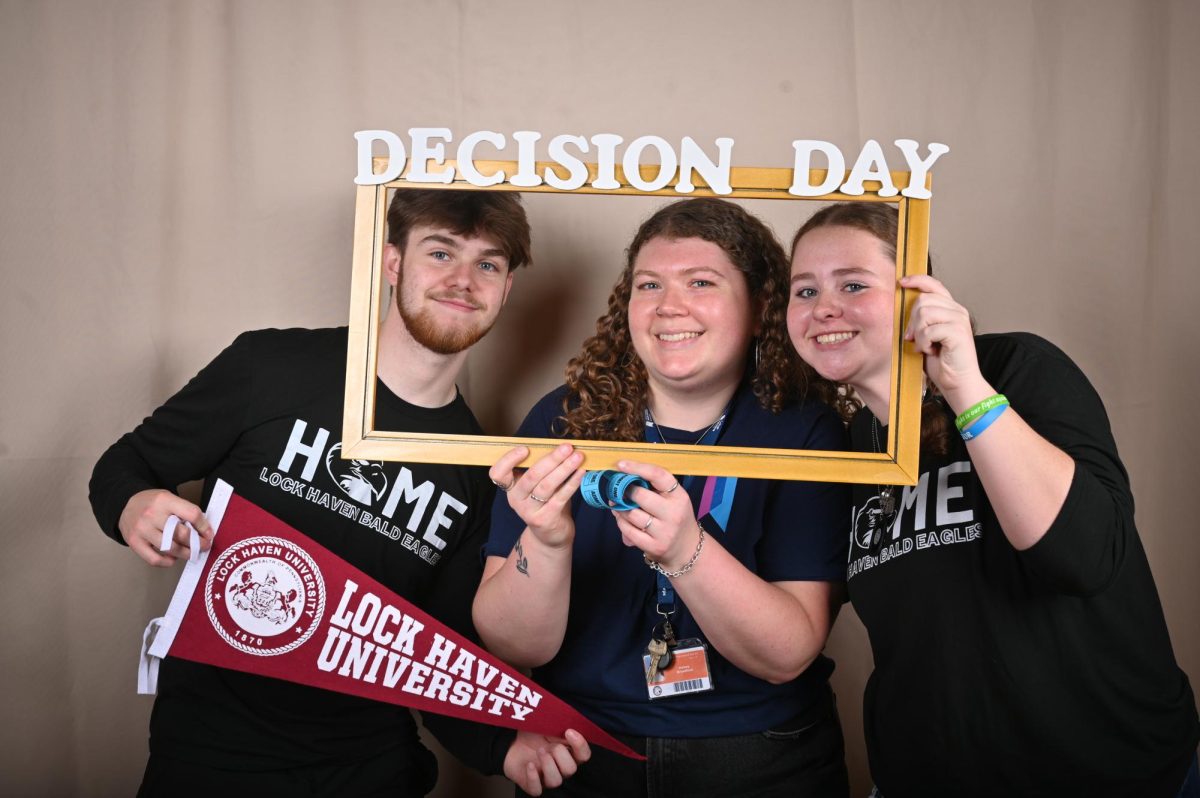

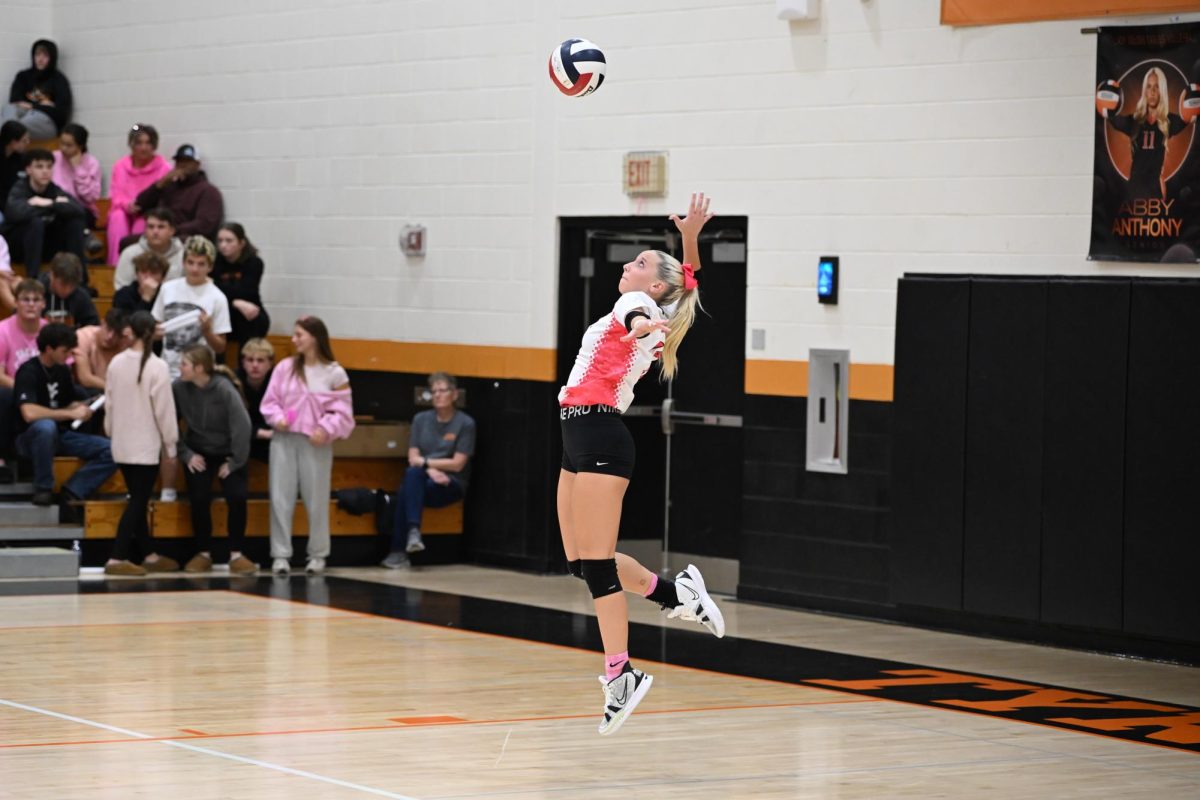
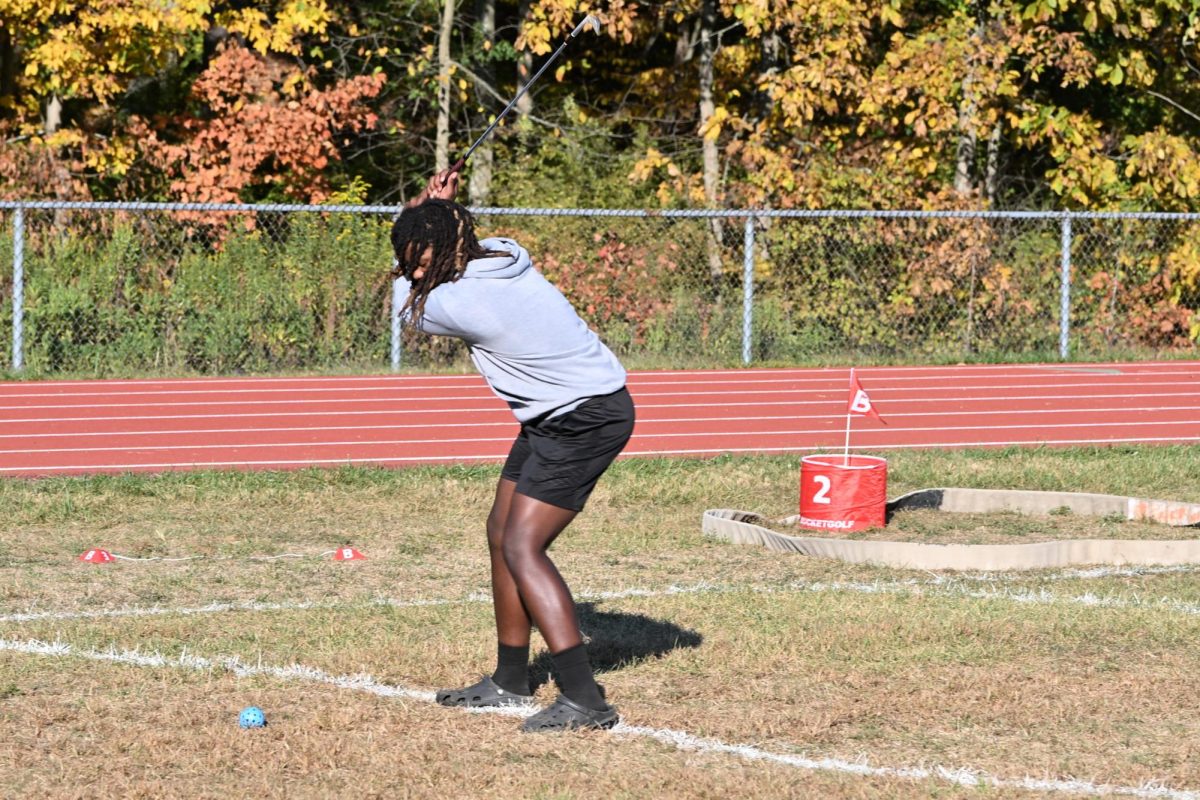
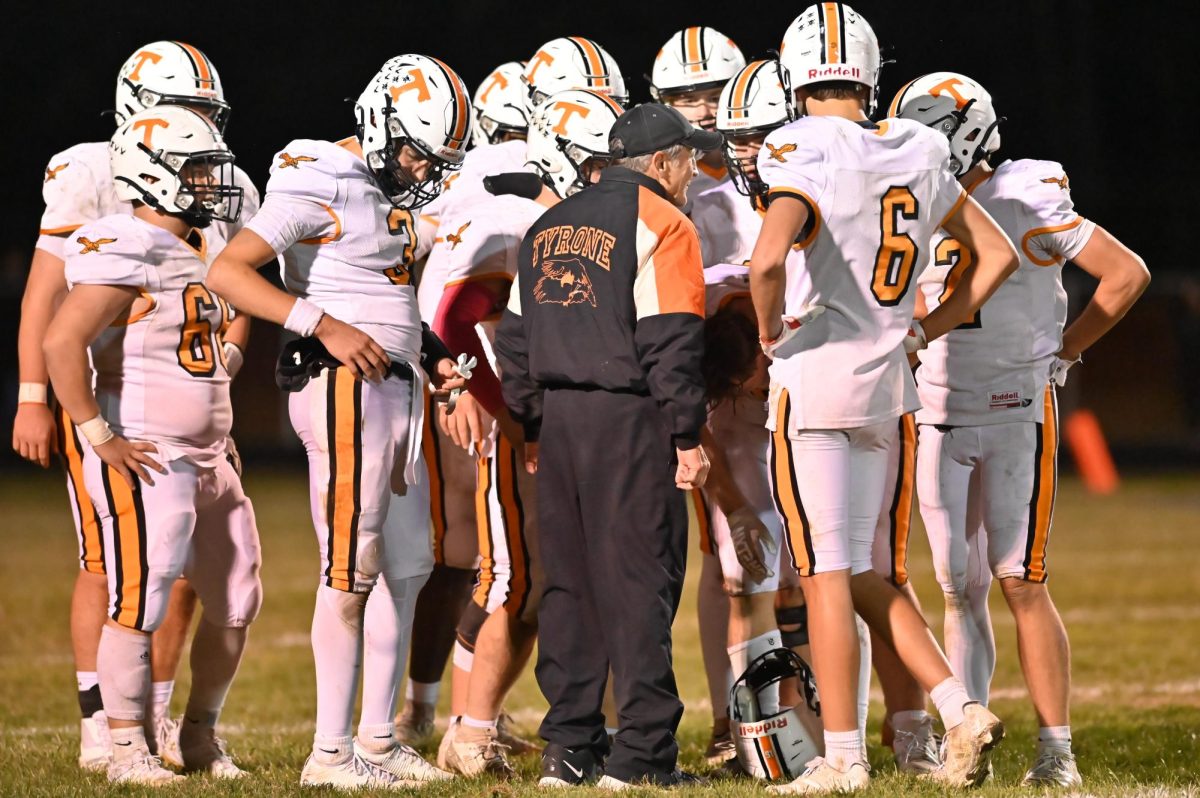

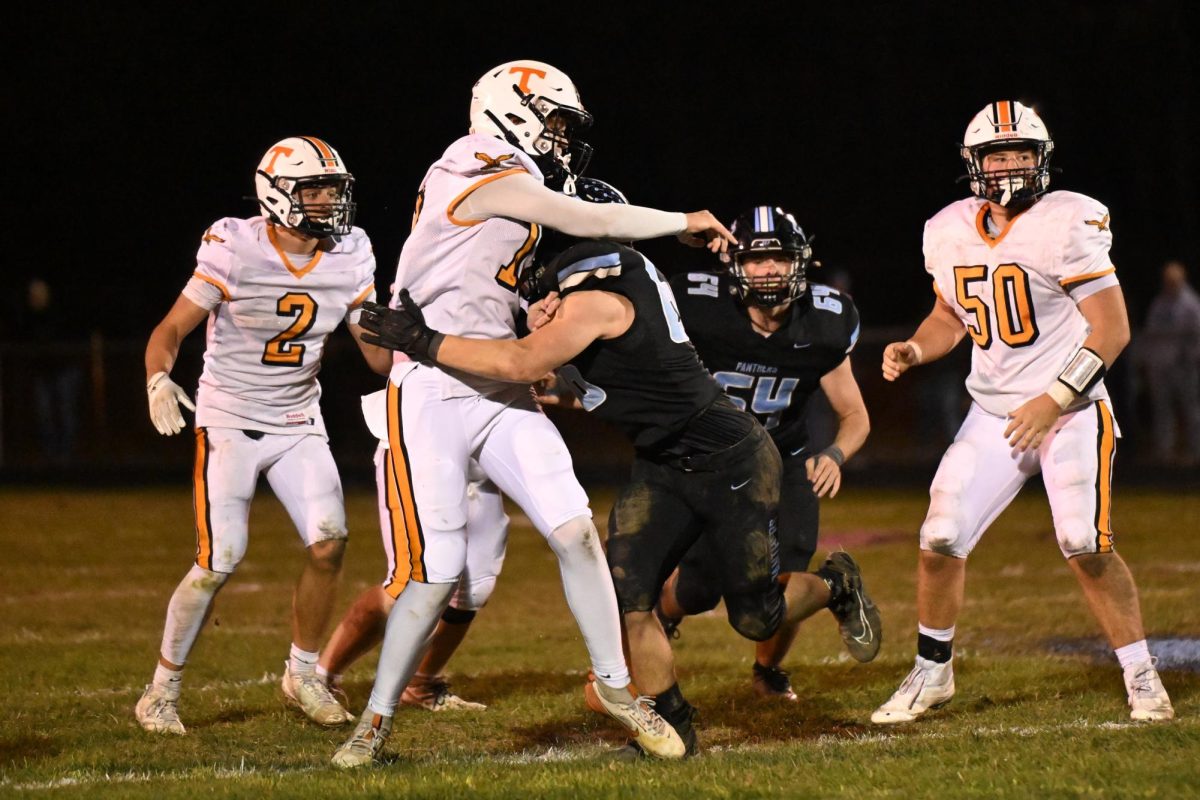

Wally Reimer • Oct 4, 2025 at 7:50 pm
What is so hilarious about this article, there is no mention of the abuse game officials take on a daily basis. The number of officials are way down. Look at the Mid Penn HS Football conference ~games are held on Thursday and Friday nights due to the lack of officials. Soon athletic events will be canceled due to not being able to find officials for that particular game. WE all need to wake up!
Diana Hample • Oct 3, 2025 at 10:45 am
Very well written, let’s hope all students, athletes, coaches, and spectators take note!!
Holly Hazelett • Oct 2, 2025 at 10:24 pm
Very nicely said you are an amazing woman and I’m proud of you and everything you do to keep a positive attitude. Your beautiful inside and out. Keep being you and I love you.
Amy Brower • Oct 2, 2025 at 3:07 pm
Totally agree on this. Very well said. No one should be making fun or called names. Esp when the kids out there put there heart a souls into the sports / activity’s they play in.
Nicole • Oct 2, 2025 at 9:39 am
Well written! Everyone needs a little reminder, sometimes!
Jeff Howard • Oct 1, 2025 at 6:48 pm
Nicely said Makayla.
Shannon L Lewis • Oct 1, 2025 at 3:46 pm
well said I agree 100%